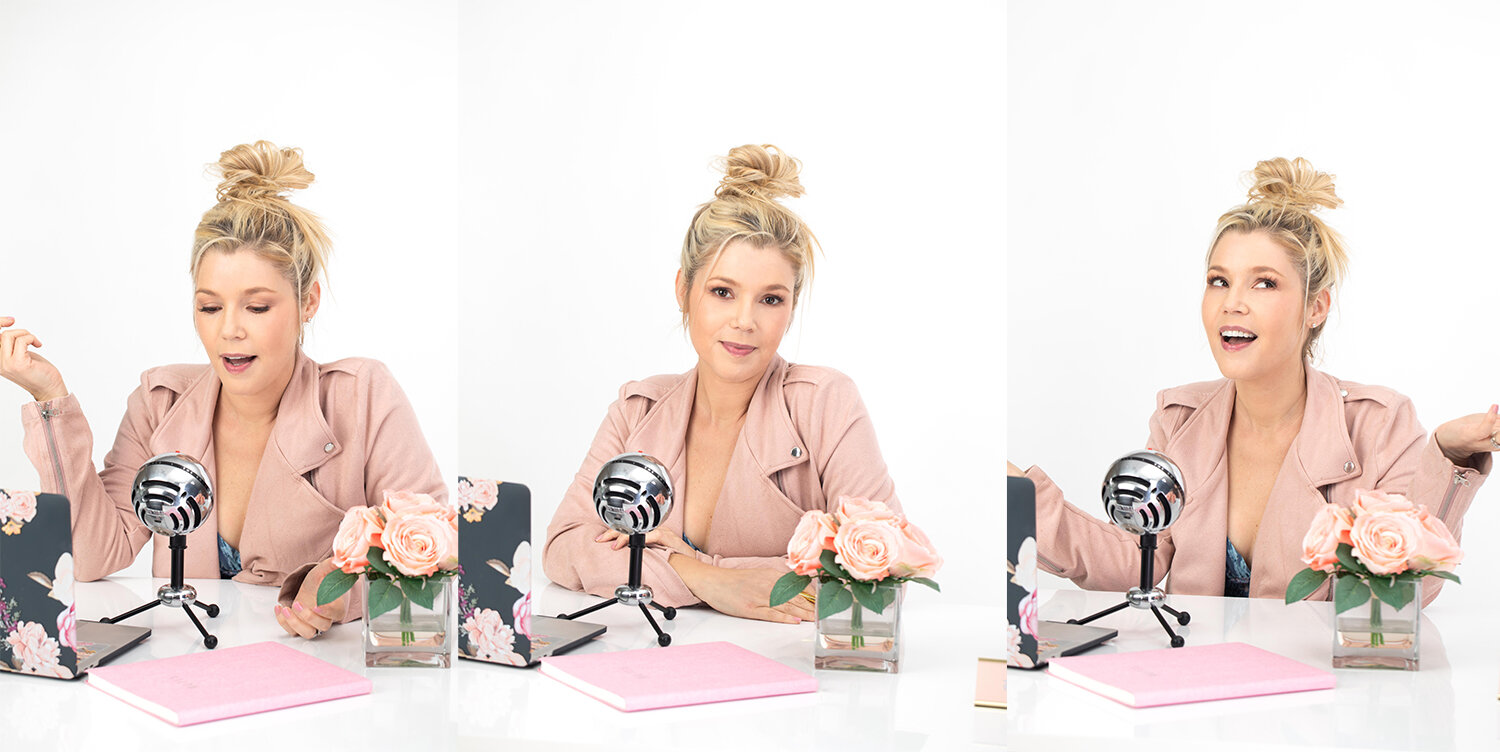What is a Personal Branding?
If you’re like me, you hear about “personal brands” all over the place these days. Everybody with a social media account seems to have one, from A-list celebrities to start-up entrepreneurs to high school students.
So what exactly is a personal brand? And why does somebody who’s running a health, wellness, or nutrition business need one?
For thousands of years, branding was something people did to claim ownership of certain goods, like cattle or pottery, by putting a permanent mark on them. Then in the last century, it became the way big companies asserted their corporate identity and let the world know about the products and services they were trying to sell.
Fast forward to the present. These days, brands are no longer exclusively corporate, and can be created on a shoestring budget by virtually anybody with an internet connection and some time on their hands. Still, the underlying goals of effective personal branding aren’t too far off from those of corporate branding.
Creating Awareness
Perhaps the single most important objective for a personal brand is that it lets people know you exist and what it is you do.
This may sound ridiculously simple, but think about all of the times you’ve heard or read somebody’s name for the very first time, and it meant absolutely nothing to you. Now think about the name of a popular celebrity who’s known internationally. Which is more likely to influence a consumer’s choices?
For some people, awareness is actually the hardest part. Making visible who we are and our accomplishments and abilities and doesn’t come first nature to everybody. Women especially have been conditioned over the years not to self-promote, for fear of seeming braggy or too aggressive or threatening. But it’s a critical hurdle that needs to be overcome if the goal is to build a strong personal brand.
Building Trust
Okay, so now people know who you are. But what do they think of you? Using the example of the celebrity above, awareness isn’t always a good thing. Some celebrities are hated by as many people as worship them. And maybe that works for their image. But for somebody running a small business, odds are it’s not ideal.
Your brand is a way to let the world know about your personal and professional values. It speaks to your credibility and reputation as a businessperson, as well as your reliability and integrity as a human being. Trust is worth its weight in gold--especially for those offering health, wellness, and nutrition guidance--and makes all the difference when clients are deciding whether to work with you.
Setting Expectations
If a client does decide to do business with you, what are they getting? A key aspect of your personal brand is creating transparency about what somebody can expect from you. This can be as specific as the rates you charge and what exactly people get for their money or as broad as your mission or value statement.
The “brand promise” of your business is a combination not only of what you will deliver but also the consistency with which you will deliver it. Clients want to know that they can expect a certain experience from you every single time. If you can deliver on that, then odds are they’ll keep coming back to you time and again.
Showcasing Your Authenticity
Who are you, really? In the same way that clients expect a consistent experience of doing business with you, they also expect a consistent version of you. This becomes all the more critical if your business essentially is you and you are your business.
“Authenticity” is a word that has become inextricably tied to personal branding, and consistency is a large part of that. People want to feel confident that the version of you they see on social media or at a networking event is the same version they would get if they were a guest in your home. Not just a face you put on.
Potential ways to showcase your authenticity include storytelling, regular (and honest) blogging, candid (not overly produced) videos, and quality photography that allows an audience to see different sides of your personality.
Telling Your Story
If all you’re talking about on your website or in social media is what you do and the services you provide, then it’s not enough. Plenty of other businesses are probably doing all the same things. What people care about, what will inspire them to connect with you on an emotional level, is your story.
What was your life like growing up? What were your successes and challenges? How did you become the person you are now? What drives you to be so passionate about what you do? These are the kinds of things a potential client wants to know about. And it’s the kind of detail that will lend authenticity to your personal brand.
Defining What Makes You Unique
So if, as mentioned, plenty of other businesses are doing the same thing as you, how do you manage to stand out from the crowd? Besides your personal story, what differentiates and distinguishes you from the competition?
Part of what your personal brand should communicate to potential clients is a core aspect of marketing known as your Unique Value Proposition. Your “UVP” describes how you provide value to customers in a way that nobody else does. More effectively, maybe. Or friendlier. Or with videos. Or on a phone call.
The key, of course, to being able to understand what makes you so unique in your field is taking the time to research the competition and determine what sets you apart.
Establishing Yourself as a Thought Leader
If you’ve done everything else right, you should eventually reach a point where you become not only an expert in your field of business, but also a thought leader. The buzz word for this status these days is “influencer.” As in, your thoughts and ideas begin to influence people. Even those who aren’t your clients.
In order for this to happen, you’ll need to feel comfortable having personal and professional standards, taking stands on relevant issues, and expressing your opinion openly, whether on your website, in a blog, or on social media.
The key to making this happen is to bring everything together by "showing up" in a big way on both social media and your own website. Be willing to open up and push beyond simple awareness to establish an inviting and accessible image for yourself that will bring dream clients to you instead of you trying to find them.
Once you achieve this level of respect and influence, then this is where your personal brand will truly (and literally) begin to pay off, greatly expanding the reach of your potential client base, the number of people you can help, and the rates you’ll be able to charge for your products and services.
These days, most business owners can benefit from a strong personal branding strategy. For some, like data analysts or tax accountants, it may not make sense. But for a professional in the health, wellness, or nutrition field looking to grow their business, what stands to be gained from the time invested in this area is huge.
So if you’re not already working on your personal brand ... what are you waiting for?
Design Your Branding Photoshoot
CUSTOMIZE SESSION TO WHAT YOU NEED
Next, I will review your answers and create the perfect package for you.
Once that's done, we can schedule a call to book your session and answer any questions you may have.



